Thyme is a fragrant herb commonly used in cooking and gardening. It belongs to the genus Thymus and is native to regions in southern Europe and the Mediterranean. Thyme has small, green leaves and produces tiny flowers, and its leaves are the primary part of the plant used for culinary and medicinal purposes. Here are some key aspects of thyme:
- Culinary Use: Thyme is a versatile herb used in a wide range of culinary dishes. It has a savory, earthy flavor with a slightly minty and lemony undertone. It is often used to season soups, stews, roasted meats, poultry, and vegetables. Thyme is also a key ingredient in various spice blends, such as herbes de Provence and bouquet garni.
- Medicinal Uses: Thyme has a history of medicinal use. It contains compounds like thymol, which have antimicrobial properties. Thyme tea or infusions are sometimes used as a home remedy for respiratory issues, coughs, and sore throats. It is also used in aromatherapy for its potential relaxation and stress-relieving effects.
- Gardening: Thyme is a popular herb to grow in gardens or containers. It’s a hardy perennial plant that thrives in well-drained soil and sunny locations. It can be grown from seeds, cuttings, or purchased as potted plants. Thyme is known for its low maintenance and ability to attract pollinators like bees.
- Varieties: There are several varieties of thyme, each with its own unique flavor and appearance. Common types include English thyme (Thymus vulgaris), lemon thyme (Thymus citriodorus), and French thyme (Thymus vulgaris ‘French’). Lemon thyme, as the name suggests, has a citrusy aroma and flavor, while French thyme is often considered a culinary staple.
- Essential Oil: Thyme essential oil is extracted from the leaves and stems of the thyme plant. It is used in aromatherapy and has various potential health benefits, including antimicrobial and anti-inflammatory properties. However, it should be used with caution and diluted properly, as it can be potent.
- Culinary Pairings: Thyme pairs well with a variety of other herbs and spices, including rosemary, sage, oregano, and parsley. It is often used in combination with these herbs to enhance the flavor of dishes.
Thyme is a popular herb in both culinary and medicinal traditions, adding depth and aroma to many dishes while also offering potential health benefits. Its versatility and ease of cultivation make it a favorite among gardeners and cooks alike.

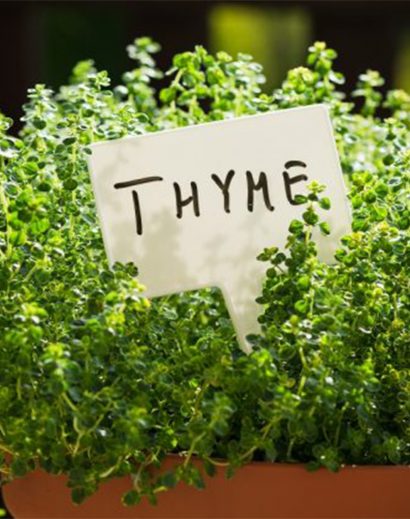
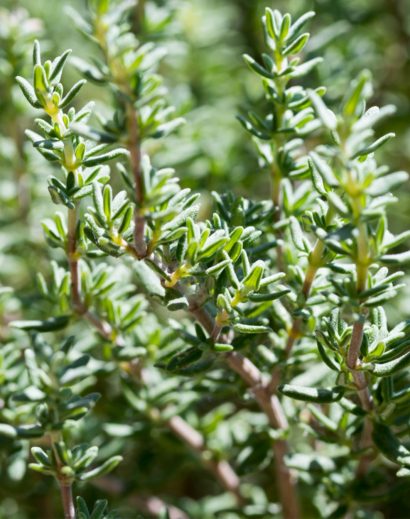
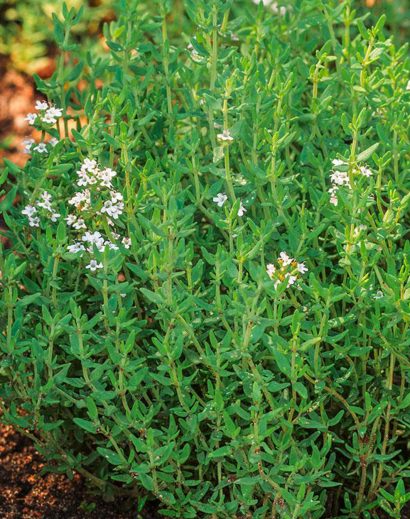
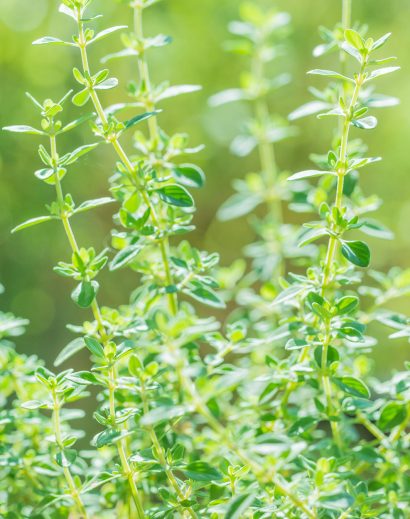
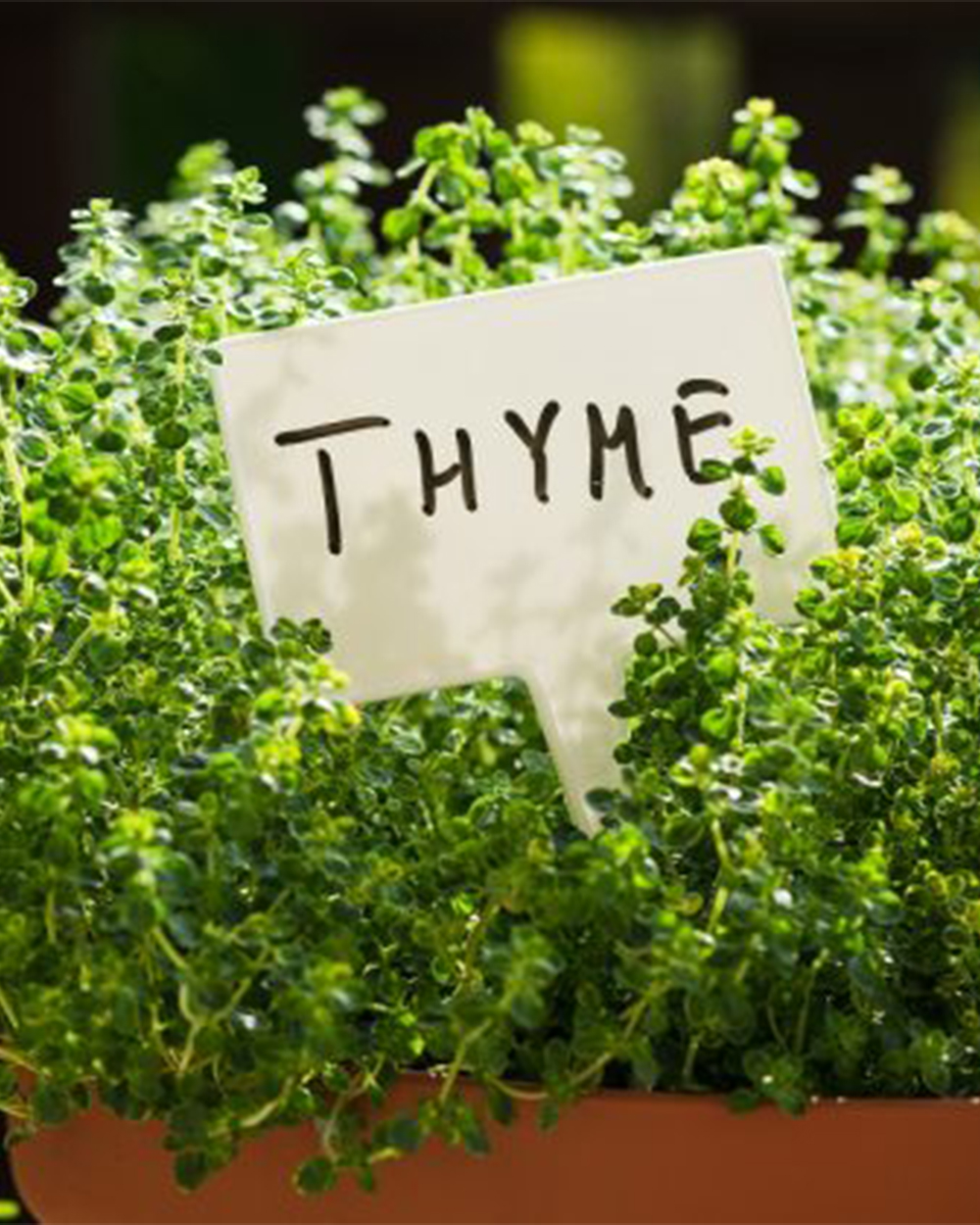
Reviews
There are no reviews yet.